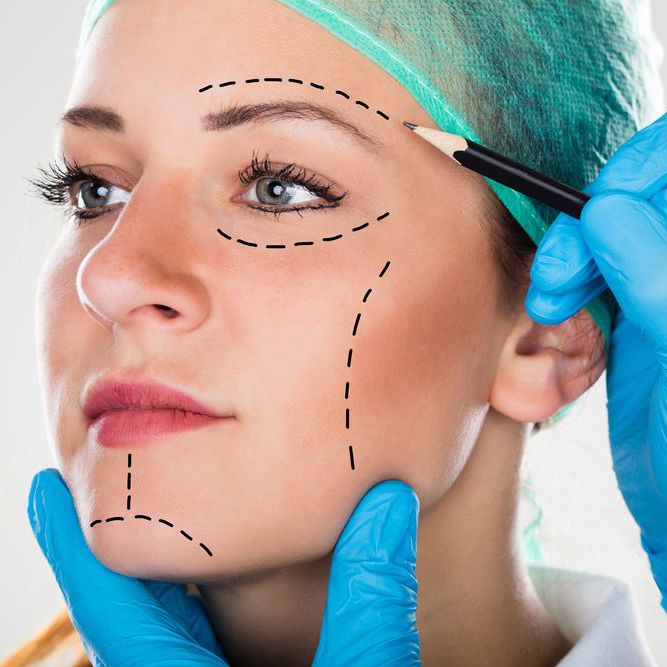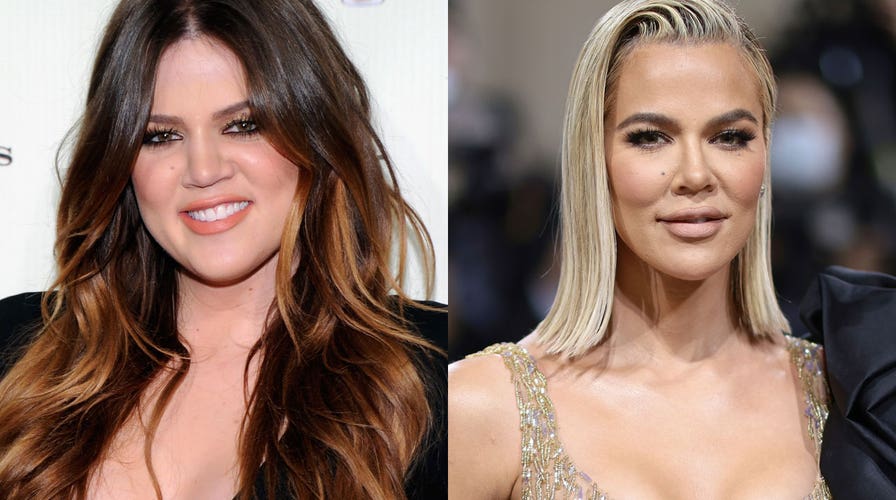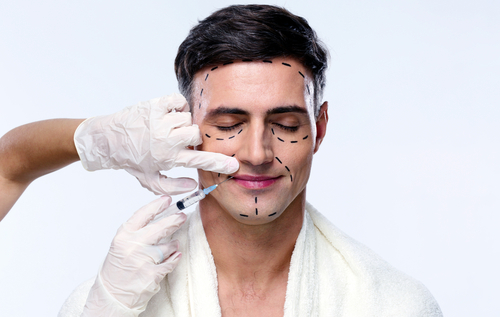Professional Plastic Surgery Rancho Cucamonga: Change Your Look with Leading Surgeons
Professional Plastic Surgery Rancho Cucamonga: Change Your Look with Leading Surgeons
Blog Article
Examining the Psychological and Social Variables That Drive Individuals to Think About Plastic Surgery as a way of Renovation
The decision to go after cosmetic surgery usually extends past plain aesthetics, intertwining with emotional and social characteristics that merit comprehensive evaluation. Variables such as self-esteem, pervasive social charm standards, and the pervasive influence of social media sites merge to shape private inspirations for medical enhancement. As these influences end up being significantly prominent, recognizing the underlying social and emotional contexts is vital. What remains to be explored is the profound influence these variables have not only on individuality but likewise on broader social standards and worths bordering charm and approval.
The Duty of Self-confidence
Self-esteem substantially influences a person's decision to seek cosmetic surgical treatment. People with low self-worth commonly regard themselves in a negative light, leading to feelings of inadequacy regarding their physical look. This unfavorable self-perception can drive them to seek surgical interventions as a method of enhancing their self-image. The wish for enhancement in one's appearance is often connected to a belief that such adjustments will boost their total self-regard and confidence.

Eventually, the function of self-confidence in the decision-making process concerning plastic surgery highlights the intricate interaction in between body picture, individual fulfillment, and mental health. Understanding this connection is critical for healthcare professionals to ensure that individuals are making informed choices rooted in realistic expectations and psychological health.
Social Beauty Standards
Influenced by pervasive media representations and social narratives, societal charm criteria play an essential duty fit people' assumptions of their very own bodies. These standards are often characterized by an idealized form of elegance that stresses attributes such as slimness, youthfulness, and balance. As these perfects are bolstered via various channels, including tv, marketing, and film, people often internalize these messages, causing frustration with their all-natural appearance.
The ramifications of these societal norms prolong past aesthetic preferences; they can affect self-confidence, psychological health and wellness, and social relationships. People that regard themselves as disappointing these criteria may experience feelings of insufficiency, triggering a desire for plastic surgery as a way of attaining societal approval. This search is often sustained by the idea that adapting these perfects will improve not just physical appearance but additionally social standing and personal gratification.

Impact of Social Media
The influence of societal charm standards is additional intensified by the rise of social networks platforms, where curated images and idyllic depictions of beauty are ubiquitous. Customers are regularly revealed to filtered and edited pictures, which frequently depict unattainable physical qualities. This exposure grows a culture of contrast, leading people to analyze their own appearance versus these typically impractical criteria.
Social media site influencers and celebrities frequently advertise aesthetic treatments, normalizing the idea that surgical enhancements are a viable ways for achieving social perfects (plastic surgery rancho cucamonga). The exposure of these improvements can produce an assumption that undertaking cosmetic surgical procedure is a conventional method, thus affecting people to consider similar interventions as a pathway to improved self-worth and social approval
In addition, the interactive nature of social media enables prompt comments via likes and comments, better reinforcing the desire to adapt popular appeal criteria. Such communications can worsen feelings of inadequacy and drive people towards cosmetic surgical treatment as a way of getting validation. Inevitably, social networks plays an essential function in shaping perceptions of charm, which significantly affects the decision-making procedures bordering cosmetic surgical procedure.

Social Perspectives on Appearance
Across different societies, assumptions of look are deeply rooted in historical, social, and financial contexts, forming people' views on elegance and worth. In several societies, appearance acts as a substantial marker of identity, influencing social status, professional opportunities, and individual relationships. For instance, in some cultures, light skin is typically related to riches and opportunity, while others may glorify darker complexion as symbols of stamina and credibility.
Moreover, standard charm requirements are often bolstered with cultural stories, media representations, and family affects, leading to varying suitables across various areas (plastic surgery rancho cucamonga). In Western click now societies, the emphasis on youth and fitness typically drives people towards cosmetic improvement, while in particular Eastern cultures, even more refined changes lined up with standard aesthetic appeals may be preferred
Globalization and the spreading of digital media have additionally made complex these characteristics, developing a hybridization of appeal suitables that transcends geographical boundaries. As individuals progressively navigate these cultural stories, the pressure to satisfy specific look requirements can result in the need for cosmetic surgery, reflecting a complex interaction of individual aspirations and cultural values. Recognizing these cultural perspectives is crucial in attending to the inspirations behind cosmetic surgical treatment considerations.
Mental Impacts of Plastic Surgery
Several people looking for cosmetic surgical procedure report experiencing profound psychological influences that can substantially change their self-perception and emotional wellness - plastic surgery rancho cucamonga. The desire for physical enhancement typically comes from underlying issues such go right here as reduced self-esteem, body dysmorphic disorder, or societal pressures concerning appeal criteria. For some, the prompt post-operative phase can bring about a momentary increase in self-confidence and satisfaction with their appearance, promoting a feeling of empowerment
Nevertheless, these positive sensations might not be sustaining. Research suggests that while some individuals experience improved self-confidence, others might encounter elevated anxiety or anxiety if their assumptions are not satisfied. This discrepancy can occur from impractical ideals bolstered this hyperlink by media representation and cultural narratives surrounding charm.
Furthermore, the psychological implications of cosmetic surgical procedure expand past the individual. Relationships with friends and family might be stressed as social dynamics shift, causing feelings of seclusion or alienation. Ultimately, the psychological effects of plastic surgery are diverse and complex, calling for cautious consideration by both prospective people and doctor to make sure informed decision-making and sensible expectations.
Final Thought
In verdict, the decision to go after plastic surgery is dramatically affected by a combination of self-confidence issues, societal elegance requirements, and cultural viewpoints on look. The pervasive reach of social media better intensifies these stress, advertising impractical perfects that people often strive to attain. Understanding these social and psychological factors is vital for attending to the inspirations behind plastic surgery, highlighting the requirement for an extra nuanced conversation bordering charm and self-acceptance in contemporary culture.
The decision to seek cosmetic surgery often prolongs past simple visual appeals, intertwining with social and mental dynamics that merit complete evaluation. Eventually, social media plays a critical role in forming understandings of beauty, which dramatically influences the decision-making procedures bordering cosmetic surgical treatment.
As individuals increasingly navigate these cultural narratives, the stress to adapt to details appearance requirements can lead to the wish for cosmetic surgery, reflecting a complex interplay of personal ambitions and cultural worths.In conclusion, the choice to seek cosmetic surgical treatment is substantially affected by a mix of self-worth concerns, social appeal requirements, and cultural perspectives on appearance. Understanding these social and mental elements is vital for dealing with the inspirations behind cosmetic surgery, highlighting the demand for a more nuanced conversation bordering charm and self-acceptance in modern society.
Report this page